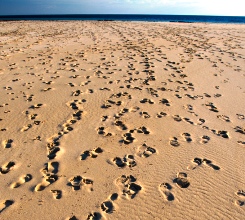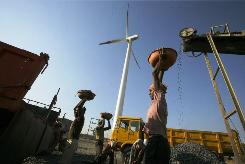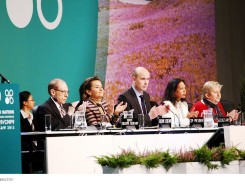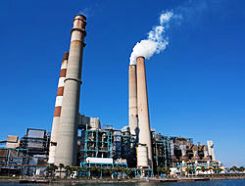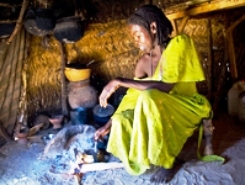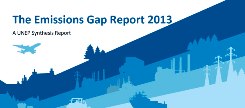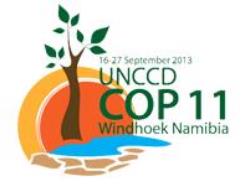By Antonia Sohns* | IDN-InDepth NewsAnalysis
WASHINGTON (IDN) – In October, Christiana Figueres, the head of the United Nations body tasked with producing a global climate treaty gave an impassioned speech during which she stated that future generations are being condemned by the lack of a global agreement. Political action is required to rectify the existing prejudice of development in favor of current generations, with disregard for the future. Intergenerational justice may be improved and sustainable development enhanced, by investing in youth and in using financial incentives to deter unsustainable practices.
A recent study on Intergenerational Justice in Aging Societies by the Bertelsmann Foundation’s Sustainable Governance Indicators (SGI) project examines the ecological footprint of 29 OECD countries.

